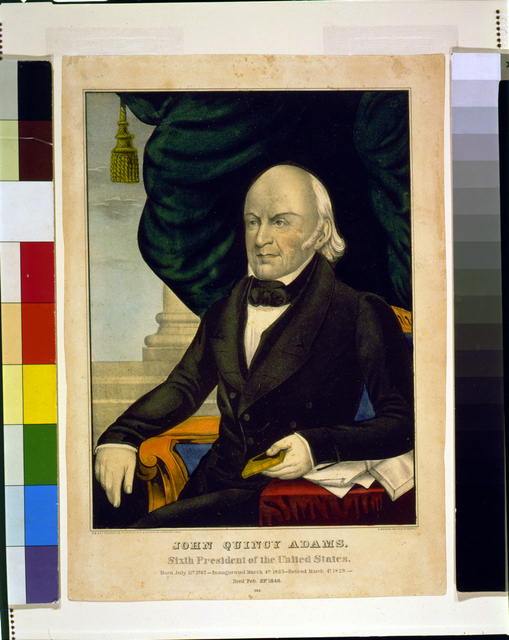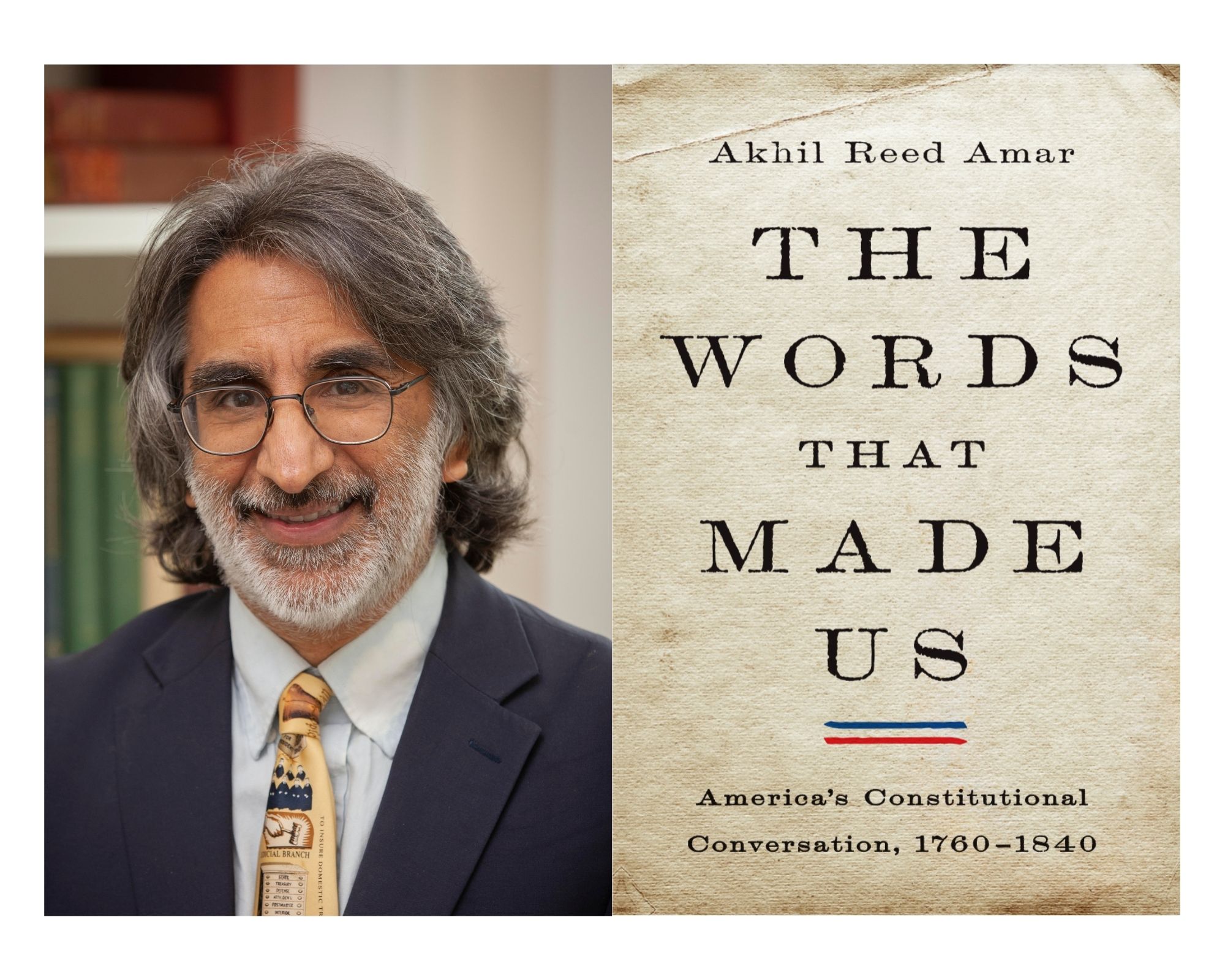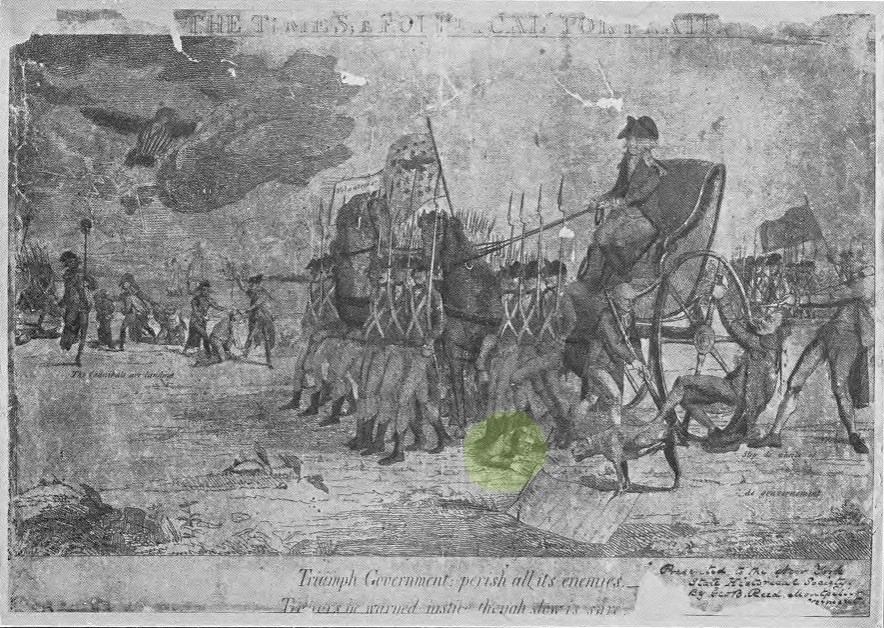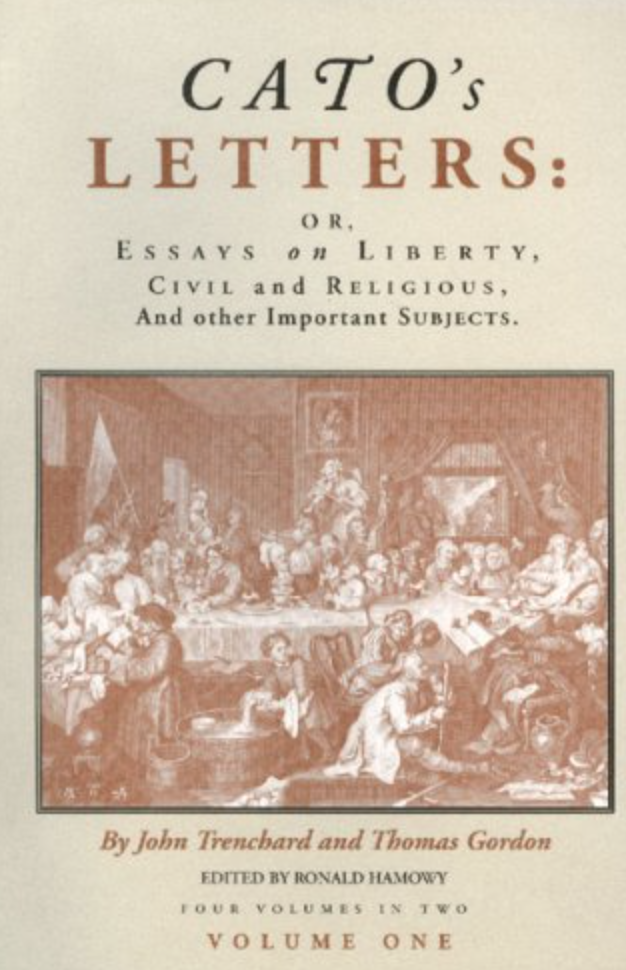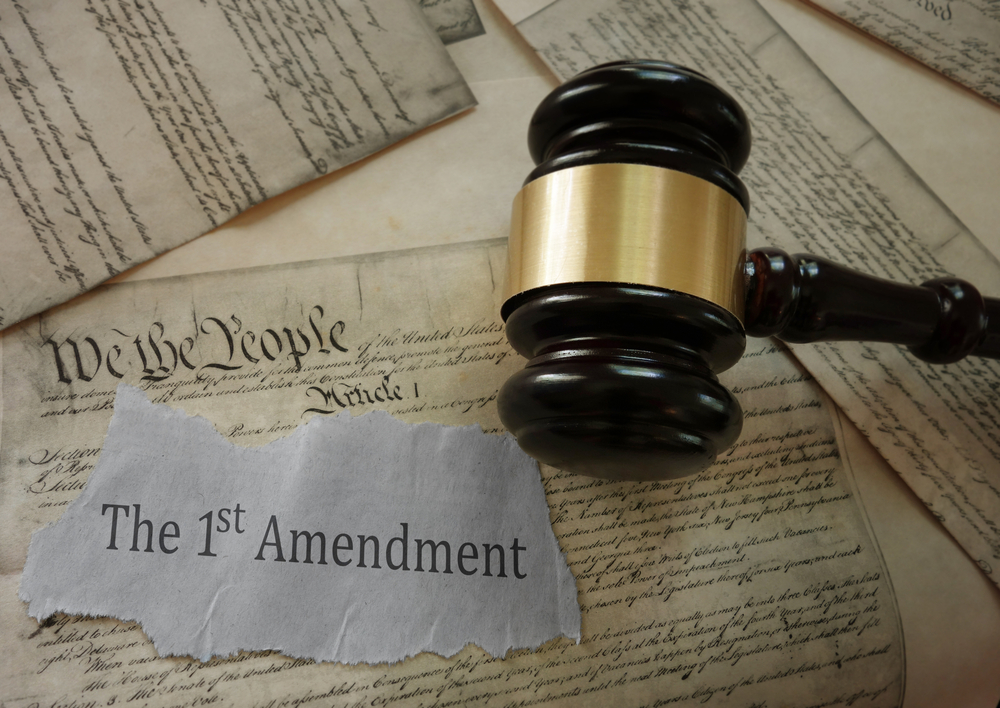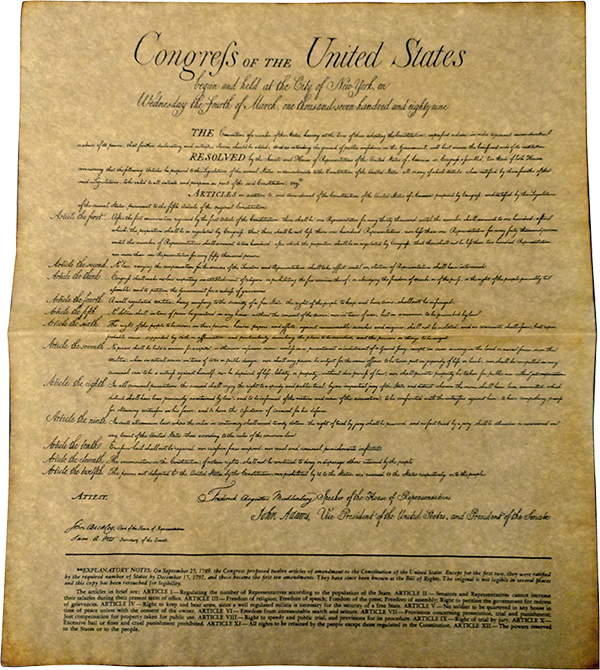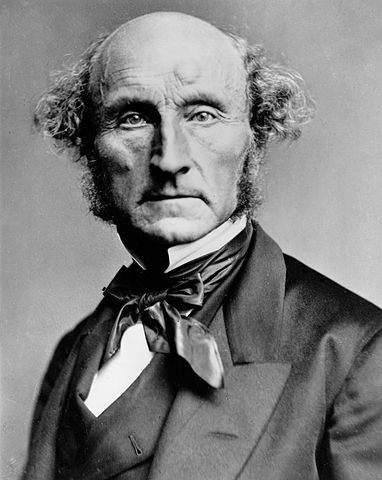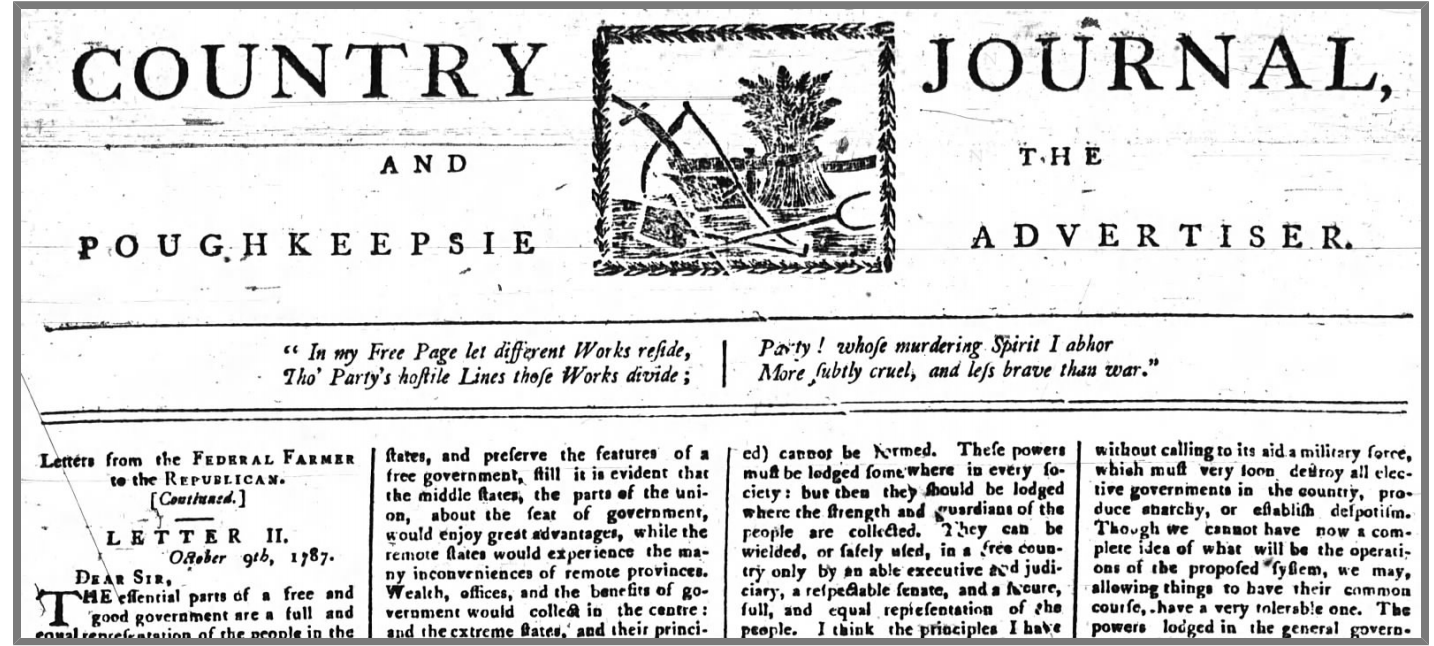John Quincy Adams: Defeating the Gag Rule and Protecting the Right of Petition
Which president in American history did the most for First Amendment freedoms either in or out of office? This is a deliciously difficult question because the vast majority of the occupants of the Oval Office were, at times, hostile to the First Freedom. Recent presidents simply do not make the grade for their in-office activities.
Akhil Reed Amar: “The Words that Made Us: America’s Constitutional Conversation, 1760-1840”
In his newest book, The Words that Made Us: America’s Constitutional Conversation 1760-1840, Yale law professor and constitutional historian Akhil Reed Amar tells the story of the first 80 years of democratic debate in the United States. This excerpt focuses on the origins of America’s newspaper culture and the central role it played in forming our democracy.
When Benjamin Franklin’s Grandson was Jailed for Criticizing President Adams
For those who cannot imagine a time less favorable to a free press than the present moment, Ronald K.L. Collins' essay serves as a useful reminder that some of the biggest threats to the First Amendment took place in the first decade following ratification.
Written by two British journalists in the 19th century, Cato's Letters advocated for greater individual liberty and criticized tyrannical systems of government. Cato’s Letters were reprinted widely in the American press to oppose many British measures that the colonists felt violated their rights.
The End of Seditious Libel, 1964
Even after the First Amendment was ratified, the U.S. government found ways to punish dissenters who critcized the government and public officials. Eventually, the U.S. Supreme Court ruled that seditious libel, or the crime for criticizing government, was incompatible with the First Amendment.
Madison-Jefferson Letters on Advisability of a Bill of Rights, 1787-1789
Although he later became the primary author of the Bill of Rights, Madison expressed serious doubts about the wisdom of amendments securing rights. Among other reasons, Madison believed that state bills of rights were little more than “parchment barriers” that were often ignored by “overbearing majorities in every State.”
John Stuart Mill, On Liberty, 1859
In his essay, On Liberty, John Stuart Mill argues that government has no right to limit the freedom of thought. He reasons that even a dissenting opinion held by a single individual has great value to society because it may turn out to be true.
Federal Farmer Number 16, 1788
An anonymous writer from the 18th century makes the case for a federal law protecting the press from official censorship–"Newspapers may sometimes be the vehicles of abuse, and of many things not true; but these are but small inconveniences, in my mind, among many advantages.”
